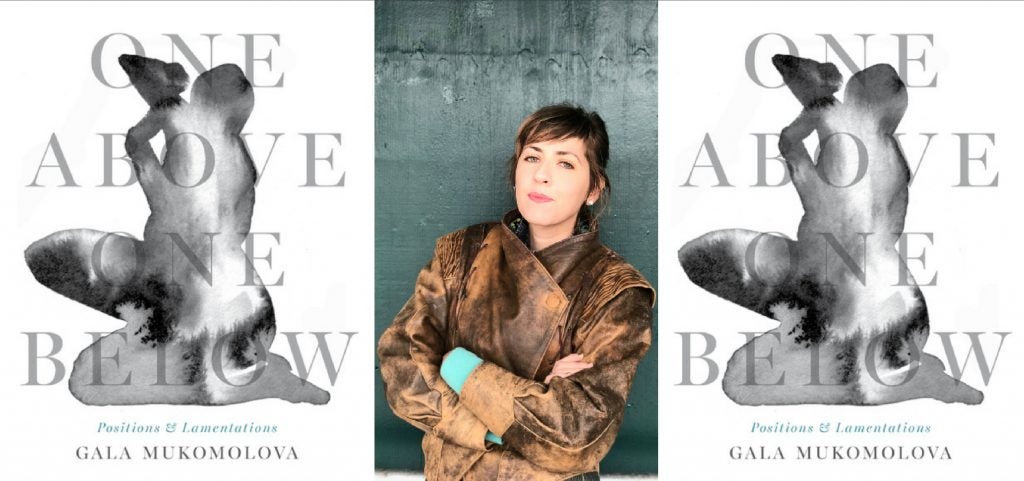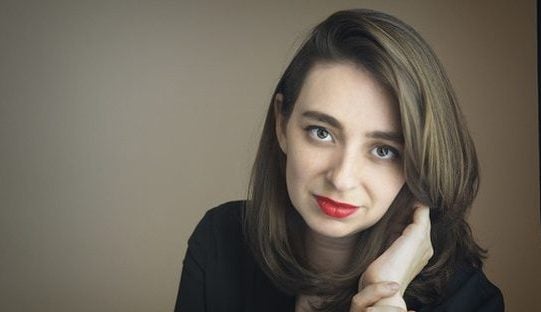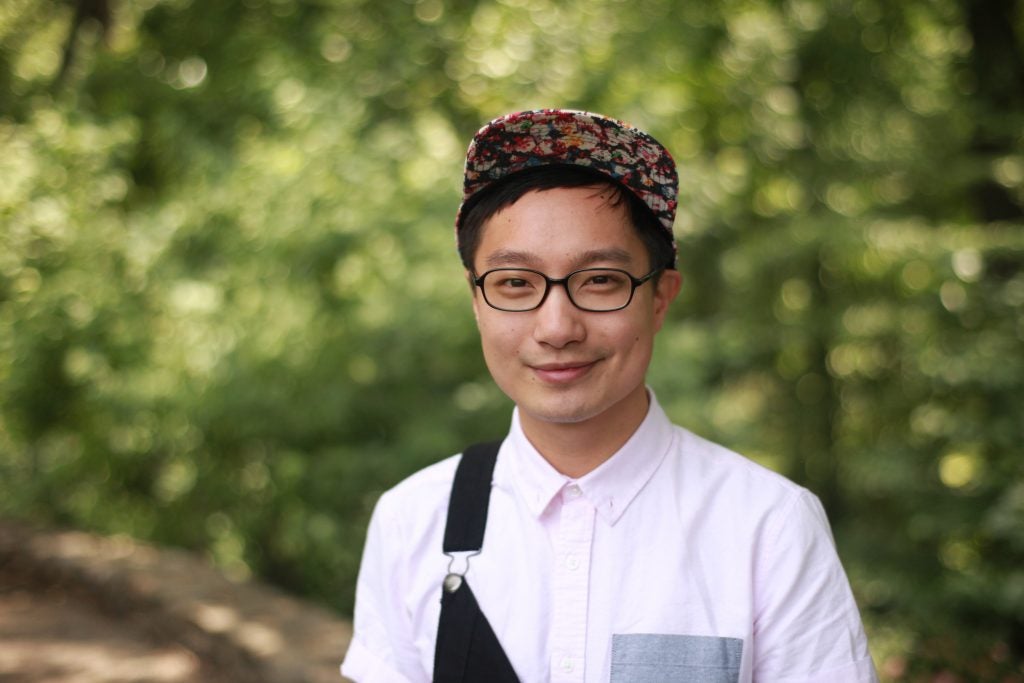Deep Love, Deep Sorrow in the Same Body: An Interview with Gala Mukomolova
“I’m excited by the nature of genre, like gender, to eschew formula and boundaries. I think since the world is on fire, our words are getting hotter, more urgent, more unrepentant.”
Deep Love, Deep Sorrow in the Same Body: An Interview with Gala Mukomolova Read More »
“I’m excited by the nature of genre, like gender, to eschew formula and boundaries. I think since the world is on fire, our words are getting hotter, more urgent, more unrepentant.”








